Rehn: Russia, EU "mutually dependent" over energy
EU enlargement chief Olli Rehn says that Brussels and Moscow must allow equal access to the two markets to their respective energy companies.
Saturday, 10.05.2008.
21:27

EU enlargement chief Olli Rehn says that Brussels and Moscow must allow equal access to the two markets to their respective energy companies. This necessity, according to the EU commissioner, is brought about because there is "mutual dependence" when it comes to energy. Rehn: Russia, EU "mutually dependent" over energy "The EU will for a long time still depend on Russian energy. At the same time, Russia is dependent on exporting her energy to the Union," he argued during a seminar in his native Finland, Beta news agency says. Rehn then said that this relationship should be based on a reciprocal approach to the markets, with "truly equal conditions for Russian and European companies in each other's energy markets". Russia, the world's leading energy exporter, sells over 60 percent of its oil and natural gas to the EU countries. More than 40 percent of the EU's gas demand is supplied by Gazprom alone. Rehn also said that all this is true despite the fact that the EU "persistently works to increase own participation in its energy supply and to open up new import routes via the southeastern Europe". A day before he stepped down as president, now Russian Premier Vladimir Putin signed a law limiting foreign investment in the country's strategic sectors, including energy.
Rehn: Russia, EU "mutually dependent" over energy
"The EU will for a long time still depend on Russian energy. At the same time, Russia is dependent on exporting her energy to the Union," he argued during a seminar in his native Finland, Beta news agency says.Rehn then said that this relationship should be based on a reciprocal approach to the markets, with "truly equal conditions for Russian and European companies in each other's energy markets".
Russia, the world's leading energy exporter, sells over 60 percent of its oil and natural gas to the EU countries. More than 40 percent of the EU's gas demand is supplied by Gazprom alone.
Rehn also said that all this is true despite the fact that the EU "persistently works to increase own participation in its energy supply and to open up new import routes via the southeastern Europe".
A day before he stepped down as president, now Russian Premier Vladimir Putin signed a law limiting foreign investment in the country's strategic sectors, including energy.





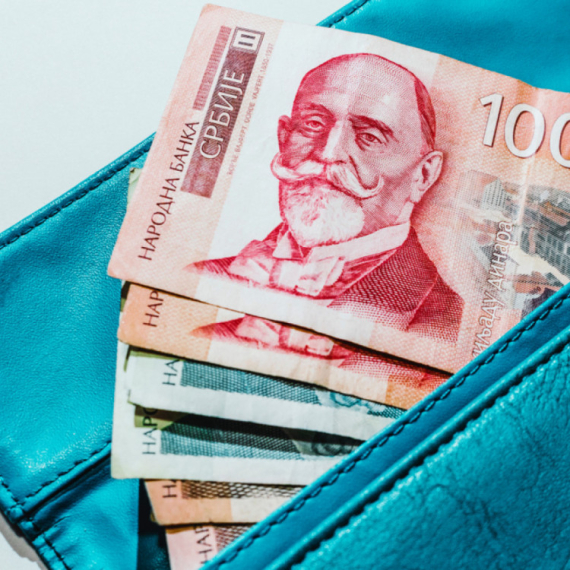







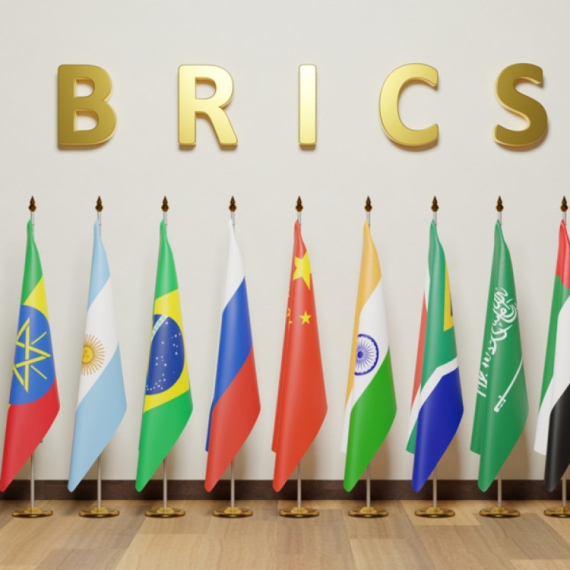
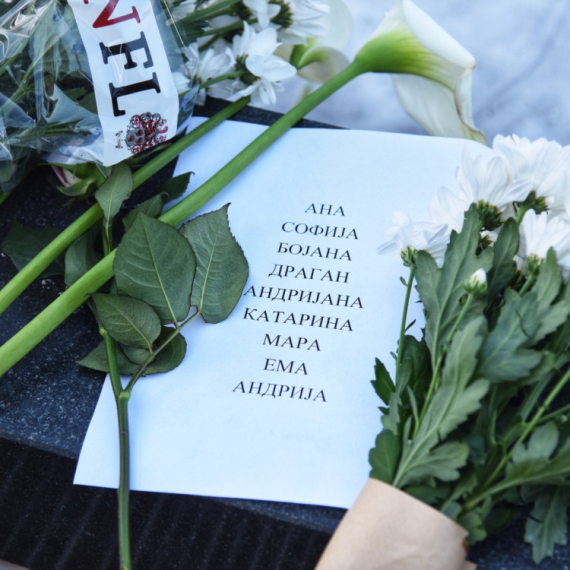
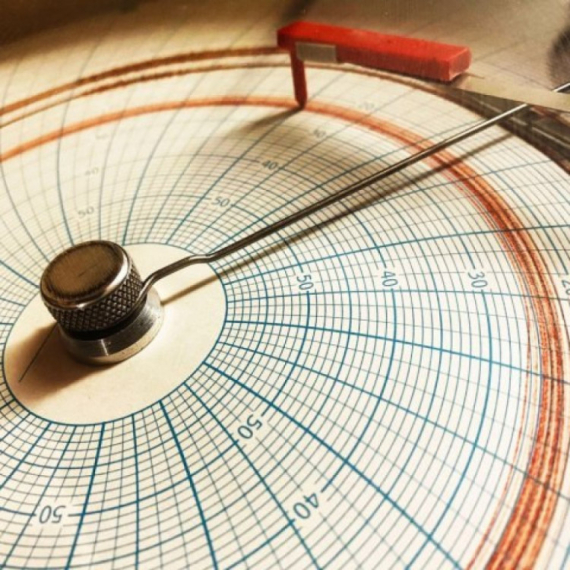
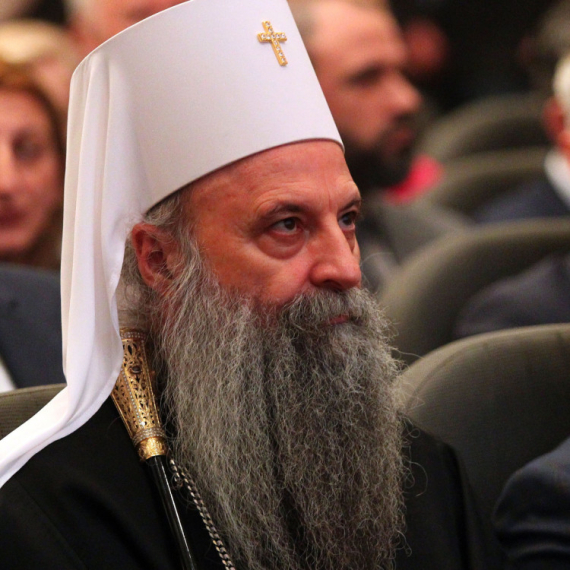

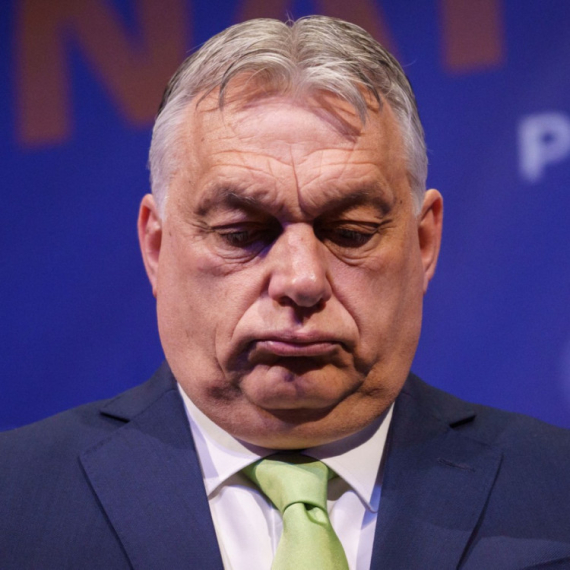

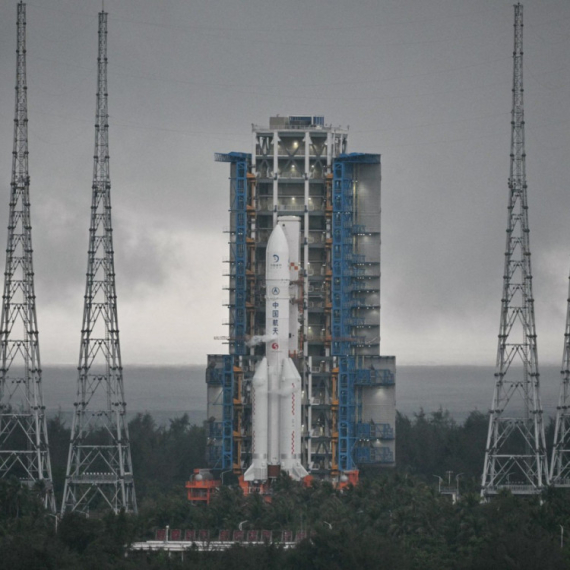


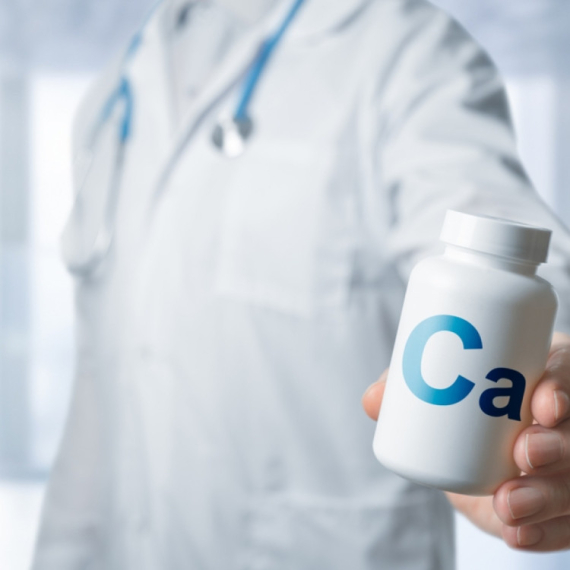




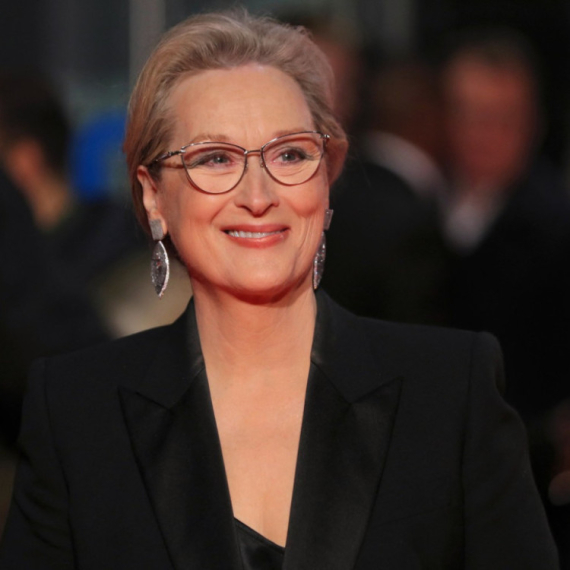

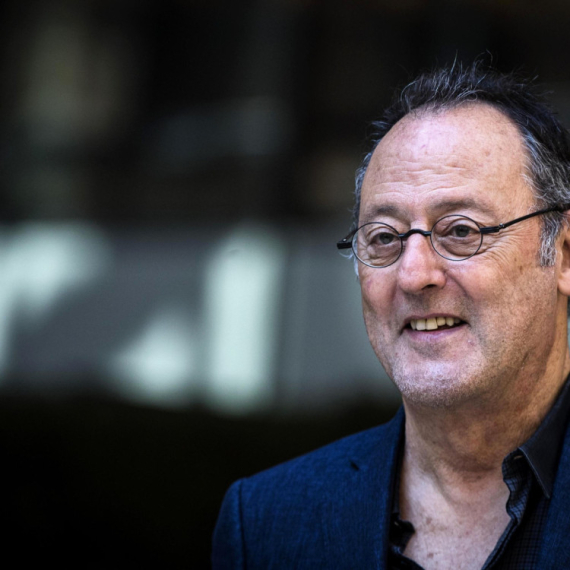
















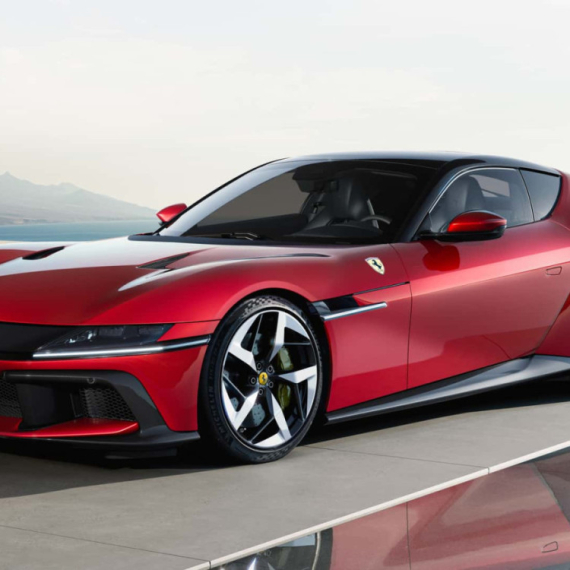

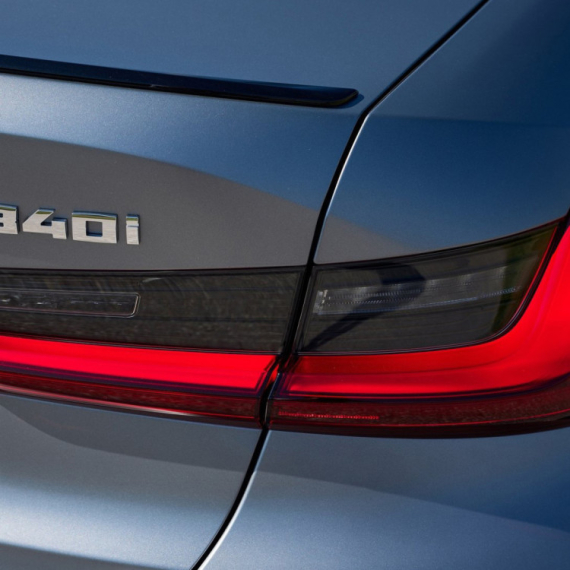
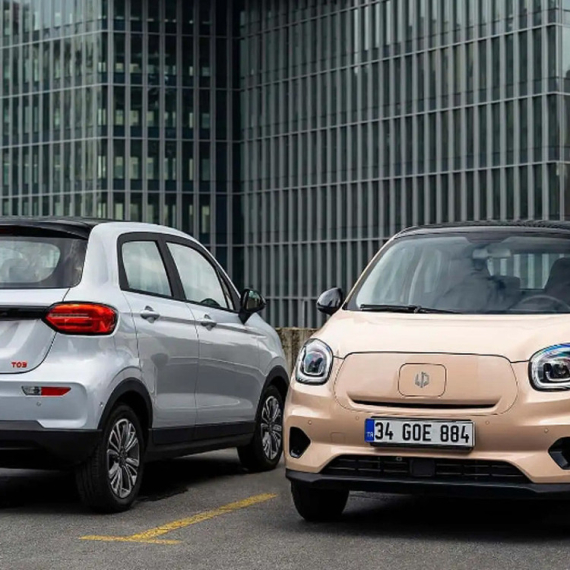

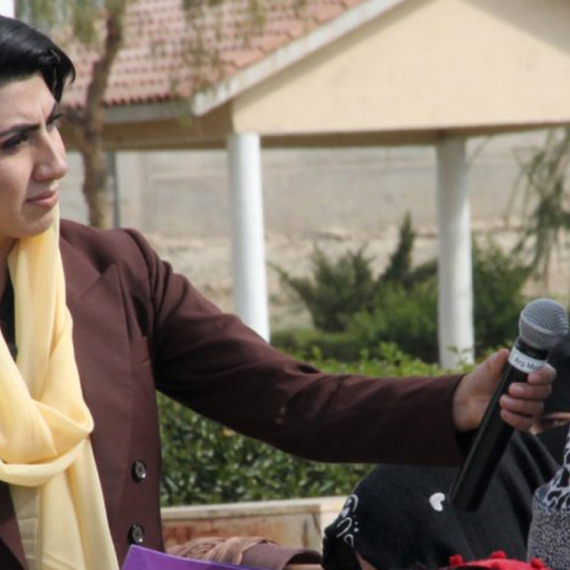

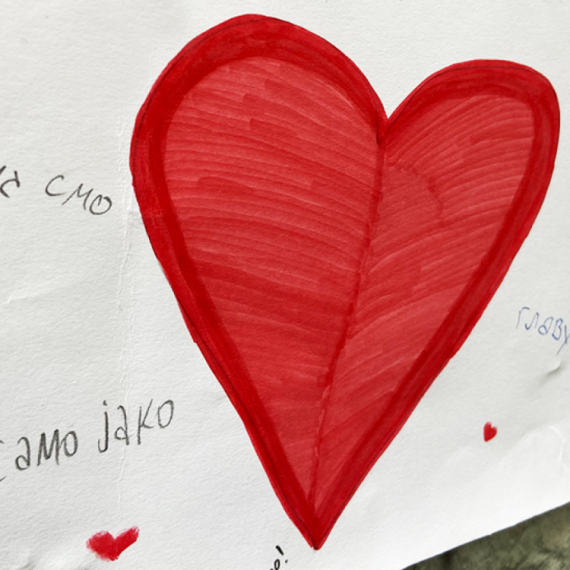



Komentari 1
Pogledaj komentare